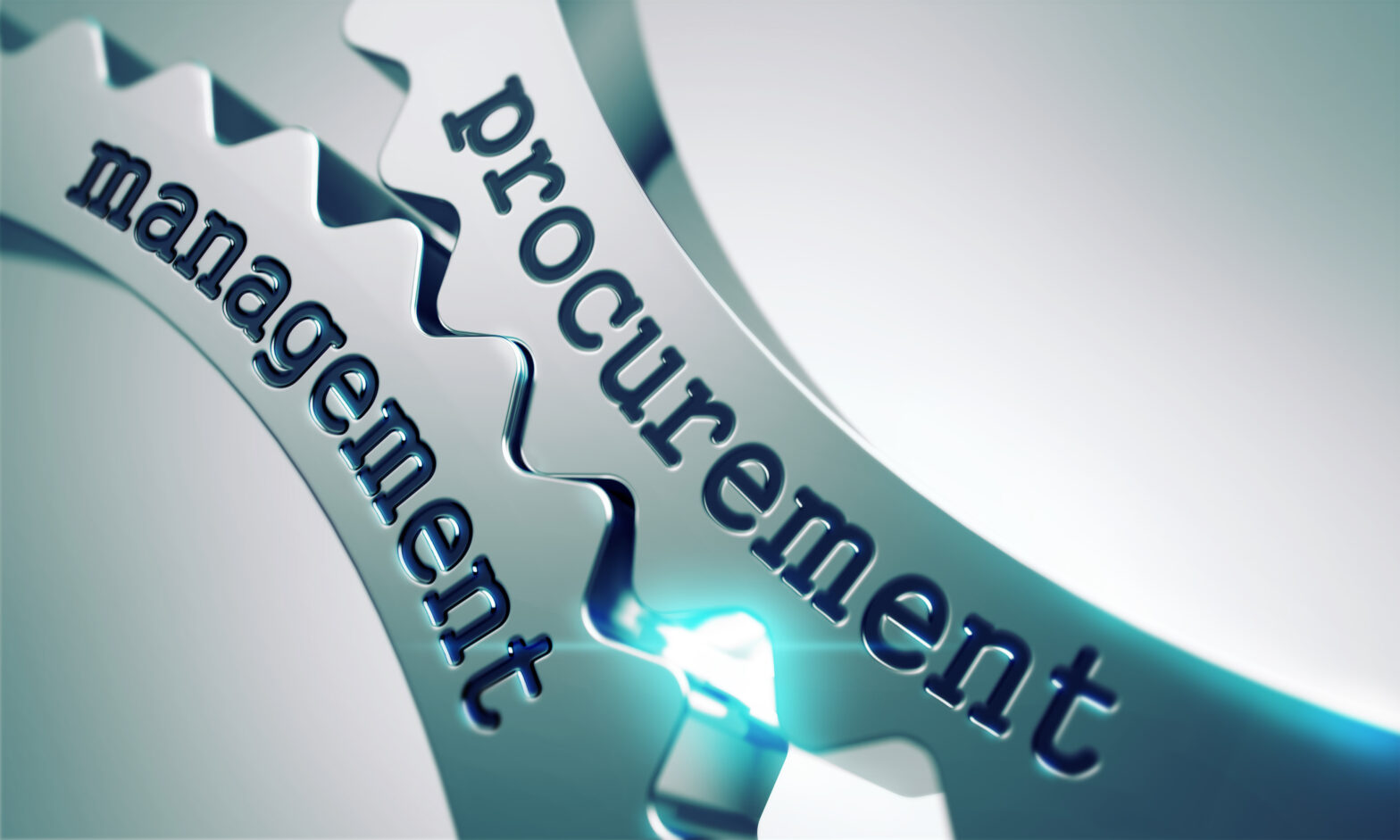So your organisation’s buying processes are a well-oiled machine: all buyers make their purchases according to a strict set of criteria; supplier costs have been expertly negotiated and you’re pretty sure you know when your key suppliers’ contracts are up for renewal, so if it ain’t broke why fix it? But have you ever considered the benefits of elevating your procurement to the next level by optimising your supplier relationships and automating certain processes such as contract management to free up your time for more strategic activities? Have you considered a new way of doing things?
Businesses of all shapes and sizes get to the point of growth where they need to invest in technology or a service that will help them move their business forward and before doing so, they should fully understand what it is that investment will deliver. So when it comes to procurement technology, just what value add can it provide?
Spend analysis
Successful spend strategies rely on good data, structured processes and insightful analytics. However, trying to understand large volumes of data, often from multiple systems and possibly in a variety of languages can be a nigh on impossible task without the right tools. The upshot being that visibility of spend is poor and the business misses out on the potential for significant savings. Spend analysis software can help organisations to identify product and service rationalisation opportunities; optimise the supply base; and identify and remove duplicate payments.
Electronic sourcing, tendering & auctions
Electronic sourcing activity can help organisations achieve a dramatic return on the bottom line. The best returns usually come where contracts have been left to run year after year, or even where no contracts are in place at all and purchasing is ad hoc from a shortlist of known, but not competitively tested suppliers.
eSourcing allows organisations to aggregate even the most complex supplier sourcing processes (Request for Information, Invitations to Tender and so on) through a single comparable online format. This means key stakeholders can review submissions more quickly and, as they can digest the information more easily, they can make better decisions on both the qualitative and quantitative measures you may wish to evaluate a supplier on.
In its eProcurement Benchmark report, Aberdeen Group estimates that the generally accepted savings figure for organisations first deploying eSourcing is an average of 18 per cent across all spend categories.
See also: Four ways eProcurement can help your business – Daniel Ball explains some of the benefits that eProcurement can bring to growing businesses in the UK.
Many organisations could also benefit from an investment in an effective electronic tendering solution to deliver control, visibility and from business-wide spend activities. Users of eTendering systems report up to 85 per cent reduction in cycle times compared to manual processes allowing procurement teams to increase the number of its tenders each year, bringing new areas of spend under management and driving increased savings across the supply chain.
Electronic auctions enable procurement teams to create and run auctions for simple or complex spend categories and drive significant savings for the organisation. The competitive behaviour driven by real time online negotiations makes the eAuction a mechanism for buyers to secure the best possible value from your supply chain.
Contract management
Surely no organisation of any size can find it acceptable for their many supplier contracts, representing potentially millions in annual expenditure, to be filed away randomly in places ranging from desk drawers to PC desktops and a selection of filing cabinets and shared drives.
An electronic contract management solution ensures that all contracts are stored in a single, central location. It enables procurement teams to save time manually filtering through paper contracts using power search and select capabilities and also provides automated alerts to flag contract milestones.
Without the right tools in place to effectively monitor and manage contracts you’re always in danger of supplier terms simply rolling over from one year to the next. ‘Evergreen’ contracts can tie organisations into unfavourable terms and SLAs, with no hope of escape until the next renewal date.
Supplier management
Many organisations will have a supply base that is too large, a situation that often develops due to lack of procurement spend visibility, control, or influence and one which can create confusion, cost and inefficiency. Clear supplier data benefits everyone.
Protecting the organisation from supply chain risk is a key deliverable for supplier relationship management (SRM), although it can be a difficult one to express in terms of ROI to other key stakeholders in the business. Avoiding a major supply chain failure doesn’t add to the company’s bottom line, but it can help protect the impact of costly oversights. Think Samsung!
The benefits for process improvement enabled by SRM are invaluable and can help to build trust, understanding and openness between buyers and suppliers, often leading to important paybacks such as supplier investment and suppliers going beyond stated contract terms and coming up with new, innovative ideas.
Bring it all together
Can’t decide which of the above you should adopt first? Well why not all of them? The ROI for procurement software is highly compelling and drives significant returns in process efficiencies, risk reduction, audit and visibility and ultimately cost savings. Enabling the procurement lifecycle in a single integrated system offers your organisation: total visibility; better supplier management, improved compliance; full audit; less administration and coherent analytics.
Many organisations may have already dipped their toe in the water and are benefitting from compliant buying using Purchase to Pay or sourcing software to help streamline tendering processes. However, if your supply chains are getting too complex, supplier costs are creeping up and you’re not really sure where your supplier contracts are after all, it might be time to step things up a gear and take your procurement to the next level.
Daniel Ball is the director of Wax Digital.






